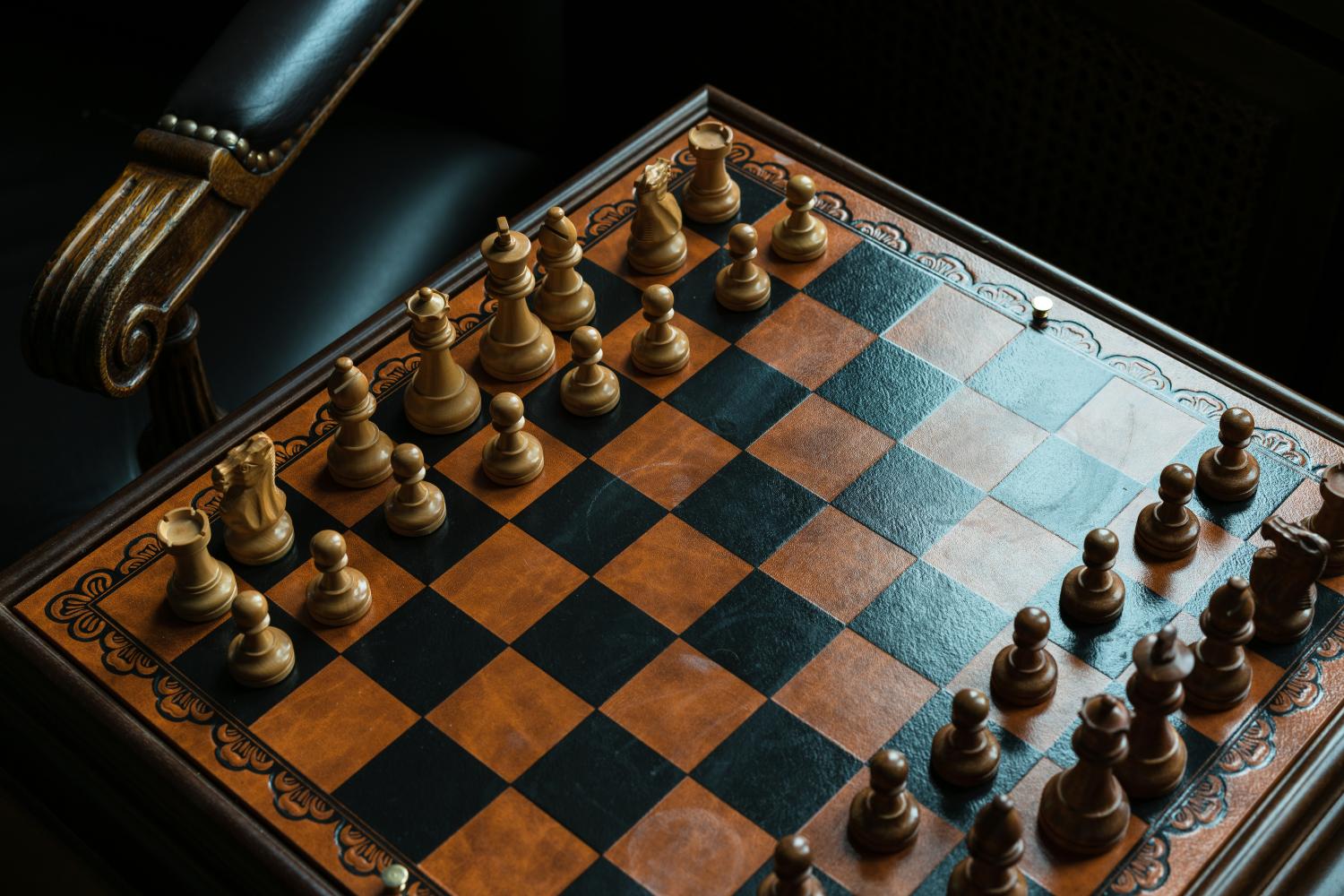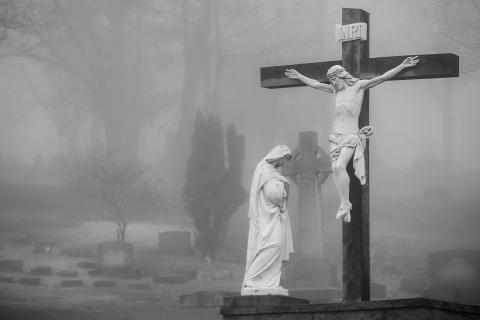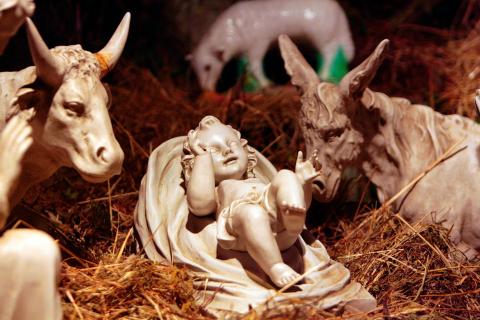
With President Biden’s drop of his reelection bid and J.D. Vance’s addition to the Trump ticket, the exchange of one Catholic for another at the nation’s highest levels of political office has made for renewed discussion about personal religious beliefs and the ways they do – or ought to – come to bear upon one’s public political views and policymaking decisions. This CNA article, for instance, offered “13 things to know about J.D. Vance’s Catholic journey,” concluding with Vance’s own statement that “politics are essentially a temporal game” when he was asked about his positions on controversial topics such as abortion policy.
All of it makes for a good opportunity to remind ourselves of how Christians are to think about the political order. There are two pitfalls we tend to fall into: we often care about politics too much, in a way that pins all our hopes for the future on that “temporal game”; or we care about that realm too little, in a way that dismisses the ways all the aspects of our personal and social life, this side of heaven, come to bear upon our purification and preparation for eternal life.
Christians are not meant to be an “all or nothing” sort of people. Rather, we’re an order and harmony sort of people: we recognize all the different facets of our lives together, and we have a place for each of them, but the point is to ensure that they’re all ordered together rightly. So it’s dangerous to get so immersed in politics that we begin to think that what’s happening in that sphere is more important than what’s happening with immortal souls. We know that the Church is the ultimate institution through which Christ is mediating himself to the world, not politics. But at the same time, because we’re concerned about our physical as well as our spiritual lives, our earthly life as well as our heavenly one, and because politics affects that life a lot, we also do pay a good deal of attention to the political order. Medieval thinkers from Erasmus to Thomas Aquinas, for example, often used to engage in a form of writing that considered what makes a good king, and how one in power can lead in Christ, neither clinging to nor dismissing the import of such questions.
Such a position derives, ultimately, from the overarching sacramental vision of things that holds so much else in order, too – the notion that the visible world refers to and has meaning for the invisible one, and so it is neither unimportant nor ultimate. As a result, it’s a position that’s not, ultimately, meant to be a “middle of the road” one. It is instead a matter of harmony, a useful term for thinking about how we are to relate to any number of “temporal games.” Just as an orchestra is concerned with playing the right notes at the right time, rather than finding a single, middling note to all play together, we want to be sure we’re giving due concern where it’s merited, and not just meting out a lukewarm level of concern all the time. That kind of harmonized, sacramental vision, then, is ultimately what brings about the beauty and goodness of order from a chaotic disorder.
So in these months leading up to November, let’s remember that that vision’s cultivation in our own minds and hearts is what we might strive for in the midst of all the conversation and debate swirling around an otherwise hot-blooded, tense, challenging political sphere, a sphere we’re nevertheless meant to be giving its due attention and care.
As the National Eucharistic Congress comes to a close, Bishop Barron reflects on his experience - a must-read for those who were not able to attend in person.
Discover how one diocese in England - the Archdiocese of Southwark - is seeing tremendous growth due largely to a new initiative named "Some Definite Service."
What role does beauty play within catechesis?
As one author argues, perhaps the real "digital divide" exists between those who can get away from their phones and electronic devices - and those who cannot.


